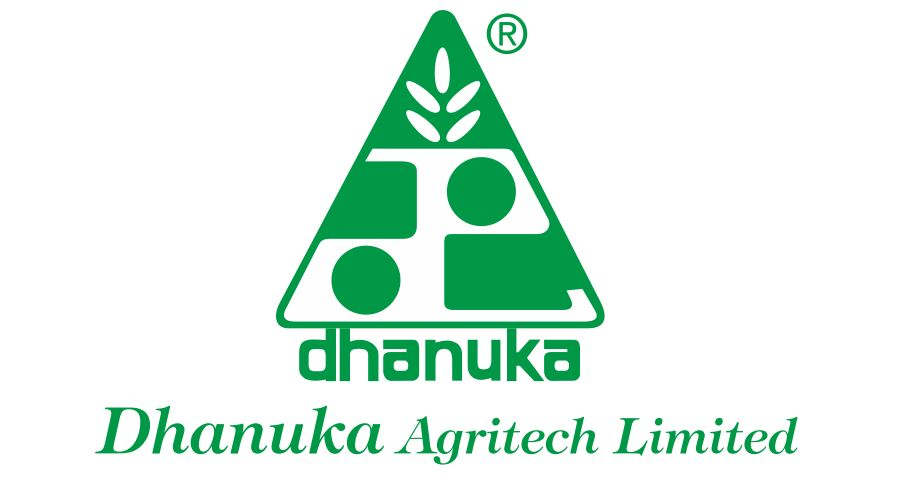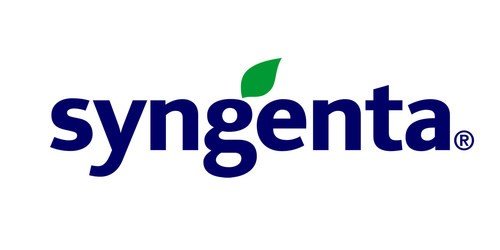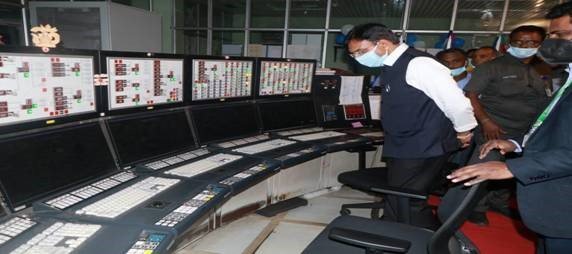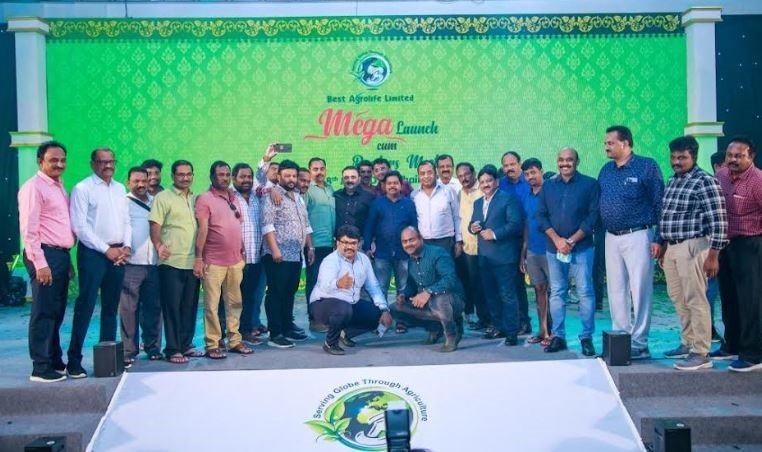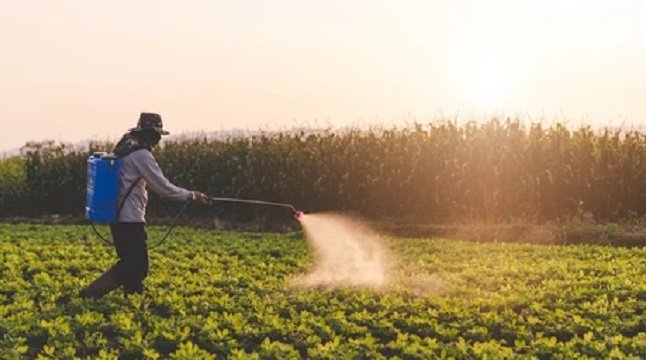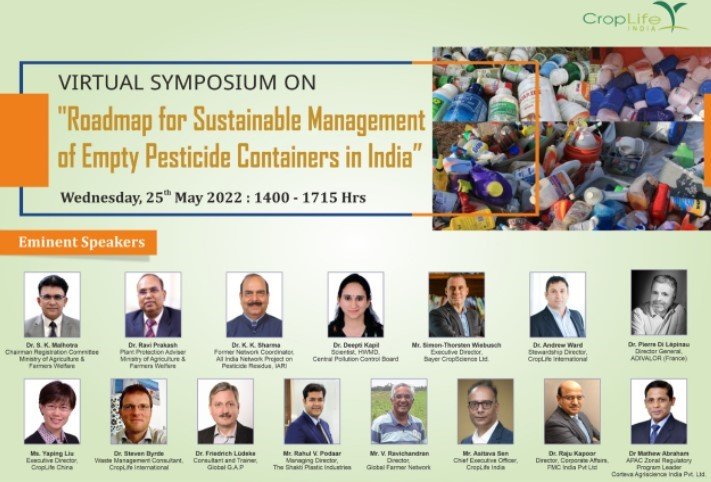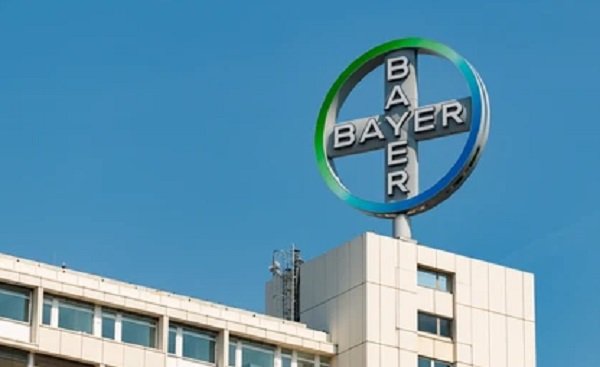Dhanuka Agritech Q2 profit hits Rs 73 Cr
Net profit up by 15.2% YoY
The leading agri input company, Dhanuka Agritech Ltd has announced financial results for the second quarter of FY 2022 has posted Rs 73.02 crore profit during July to September quarter, up by 15.22 per cent from the same quarter last year. The company earned Rs. 63.37 crore net profit in the same period of the previous year. Commenting on the Q2 performance, M K Dhanuka, Managing Director, Dhanuka Agritech said: “We have witnessed reasonable growth in the top line but faced pressure on our margins due to high raw material prices. While the prices of raw materials increased, we did not pass them on to the consumers, which has impacted our margins. Apart from this, the margins were impacted due to the depreciation of the Rupee Vs Dollar”.
“Uneven rainfall has also adversely impacted our top line and bottom line. While one-third area received excess rainfall, one-third area received deficit rainfall and only one-third area received normal rainfall. As a result, sowing was impacted and this in turn has impacted the growth of the industry,” he added,
“However, despite the global volatility, farmers received good returns for their produce as commodity prices remained high globally. This augurs well for the industry. Also, the monsoon recovered to a large extent towards the latter half, and accordingly, the soil has reasonable moisture and dams are full of water. Thus, we expect the Rabi sowing to be good. We are confident a good rabi season is likely to ensure a double-digit growth in the current fiscal,” added M K Dhanuka..
During the second quarter, the company brought three new products into the market Cornex, Zanet and Decide, which have been very well received by farmers. The company has set up the “Dhanuka Agritech Research and Technology Centre” at Palwal, Haryana equipped with all laboratory facilities and a training hall with a capacity of 100 farmers. The R&D centre will be inaugurated this month.
The company also launched a massive campaign in August – ‘India ka Pranam Har Kisan ke Naam’ — to honour and recognise the contribution of Indian farmers in nation-building and helping India become food secure.
Net profit up by 15.2% YoYThe leading

